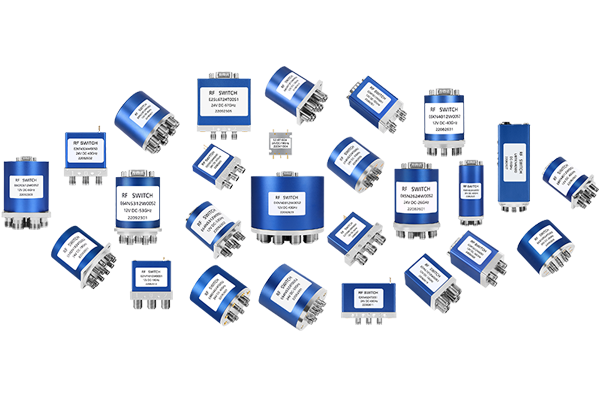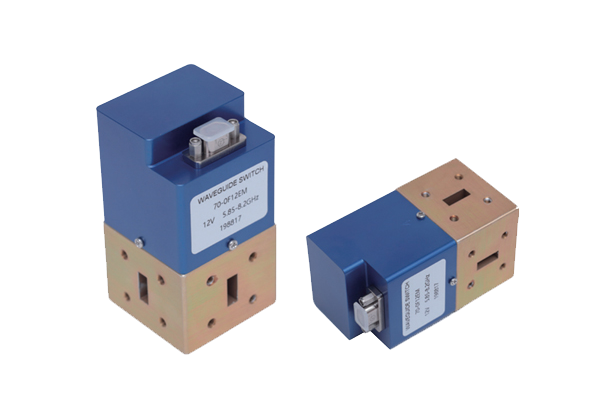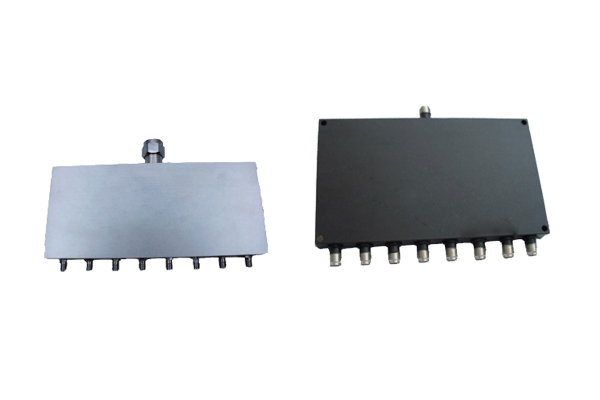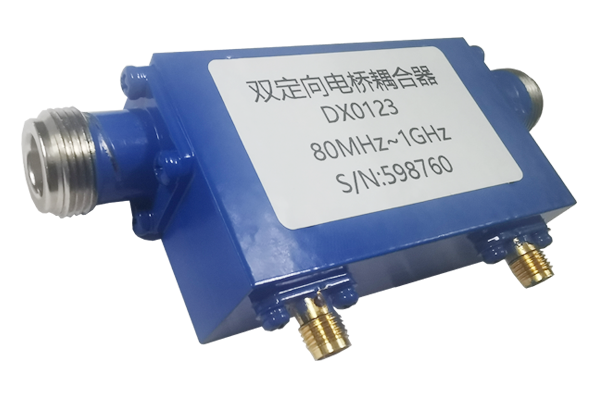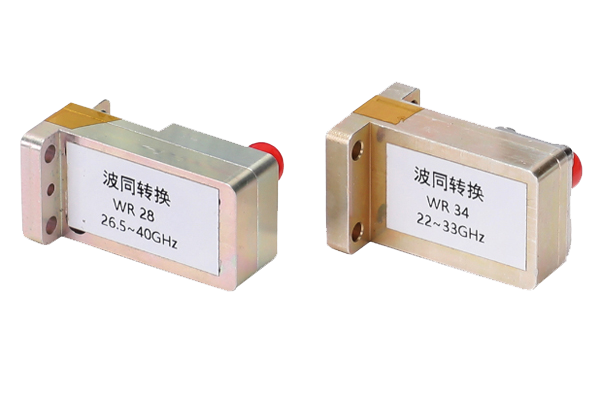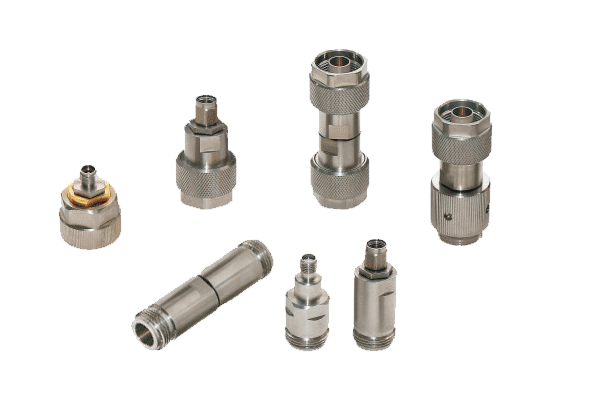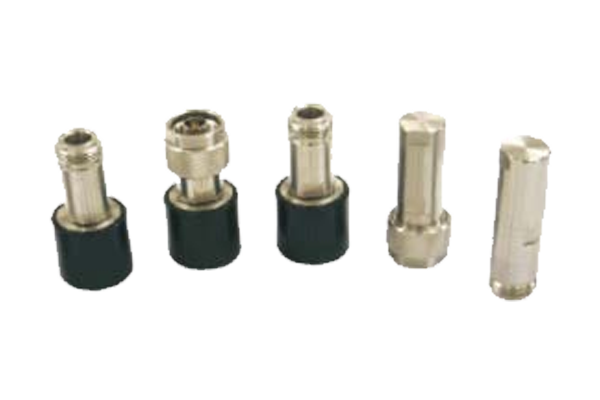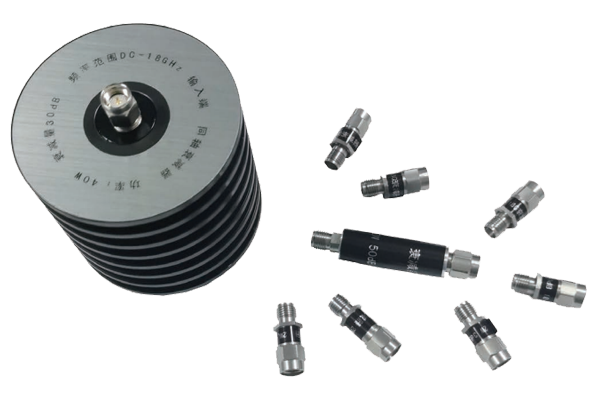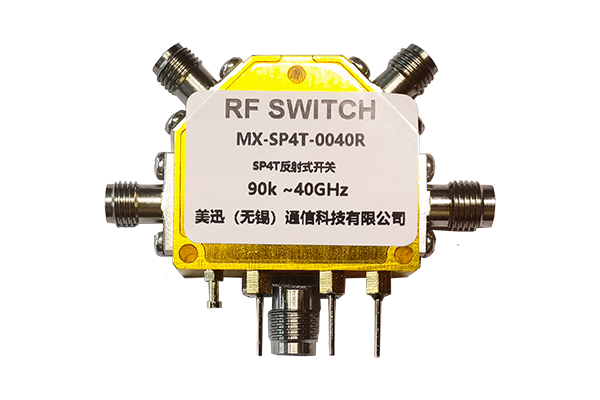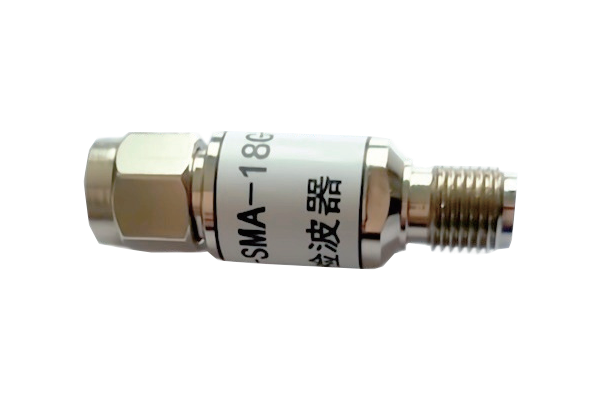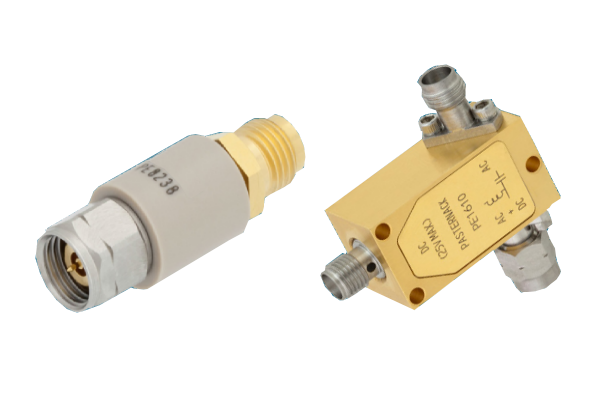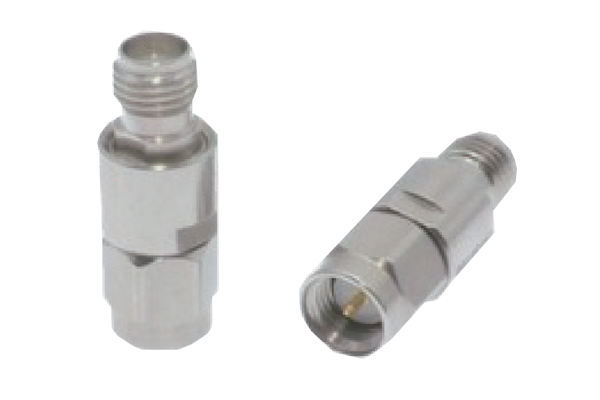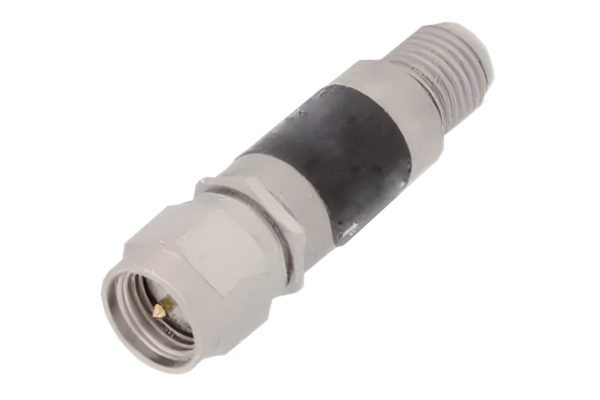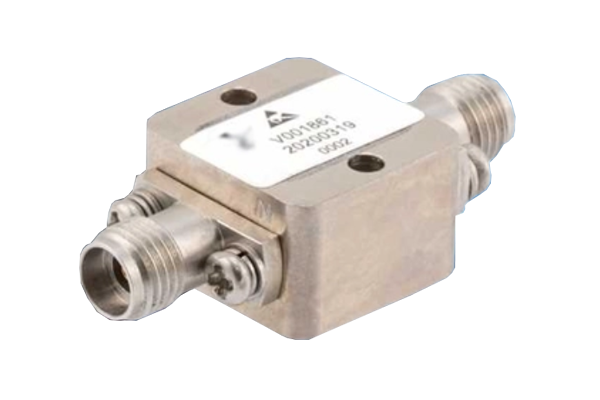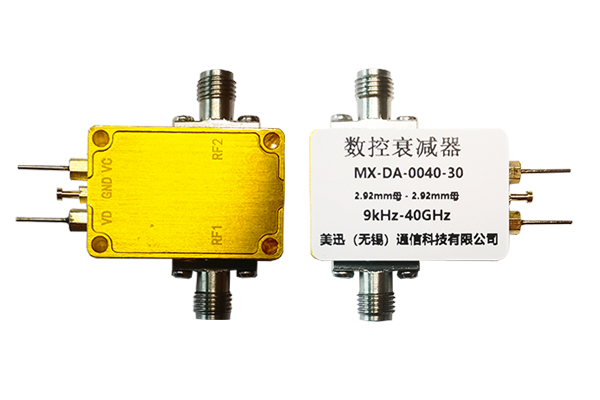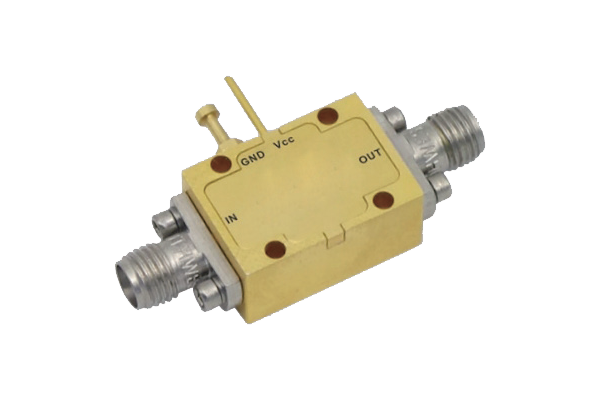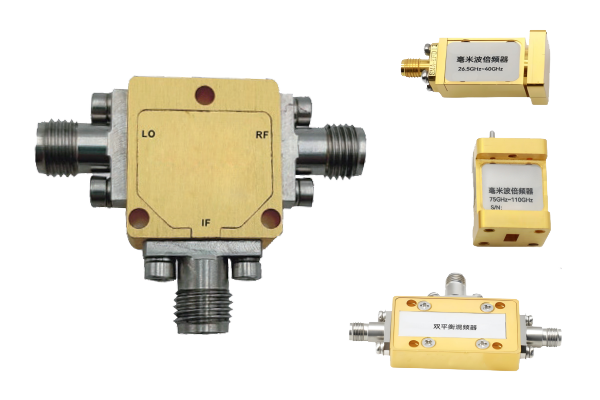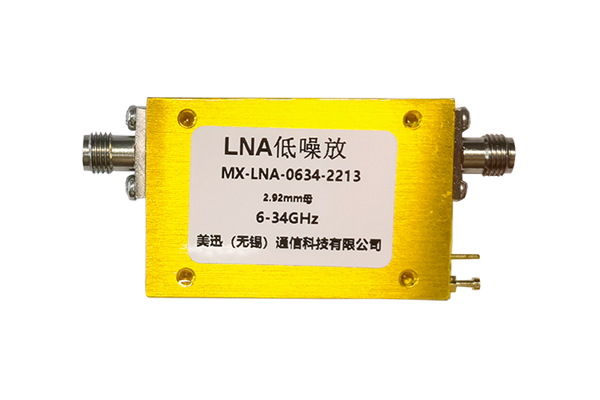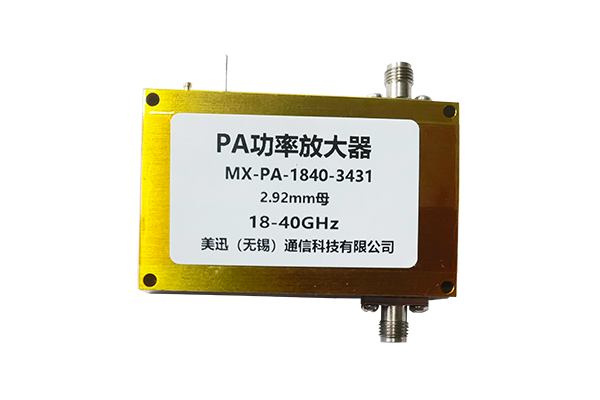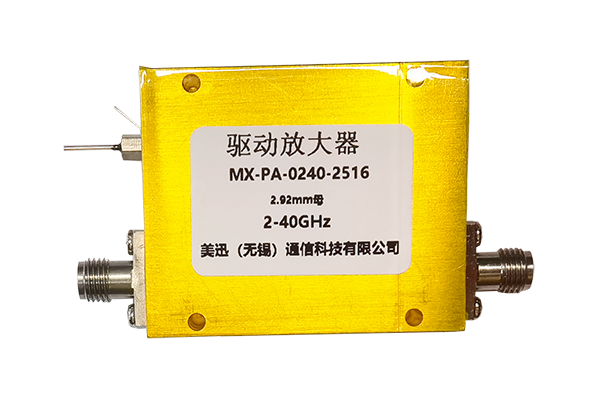How to Improve the Efficiency of an RF Power Amplifier
-
Choosing an efficient circuit topology is the core method for improving RF power amplifier efficiency.
-
Doherty topology maintains high efficiency at different output power levels through the coordinated work of the main amplifier and auxiliary amplifier.
-
Class E and Class F topologies reduce energy loss when transistors switch between on and off states through precisely designed resonant networks.
-
These approaches maximize the conversion of power supply energy into RF output power, avoiding unnecessary power waste in traditional topologies.
-
Adjust the quiescent operating point of transistors according to the operating mode and output requirements of the RF power amplifier.
-
Avoid setting the operating point too high, which would lead to excessive quiescent current and additional power consumption.
-
Avoid setting the operating point too low, which would cause transistors to frequently enter the cutoff region, increasing switching losses.
-
Optimize bias circuit parameters to operate transistors in the range of optimal energy conversion efficiency while meeting linearity requirements.
-
Precise load impedance matching ensures optimal matching between the output impedance of the RF power amplifier and the load impedance.
-
Impedance mismatch causes output power to be reflected back into the amplifier, resulting in heat loss and reduced efficiency.
-
An impedance matching network transforms the load impedance to the amplifier's optimal impedance, maximizing power transfer.
-
The matching network must consider wide-band characteristics, ensuring good matching across the entire operating frequency range.
-
Efficient heat dissipation design prevents efficiency degradation in RF power amplifiers due to overheating.
-
Use high thermal conductivity substrate materials and incorporate heat sinks or cooling fans.
-
Select transistors with low on-resistance and high switching speed to reduce energy loss.
-
Combine with low-loss passive components, such as high-quality factor inductors and low ESR capacitors.



